
Let me tell you, that anime is not just a story—it’s an emotional journey. The first time I watched it, it didn’t even feel like I was just following characters on screen, it felt like I was living with them, carrying their burdens, laughing at their silly moments, and crying at their losses. You know how Naruto was just that loudmouthed kid in the original Naruto series? In Shippuden, you actually see him grow, and man, that growth hits deep.
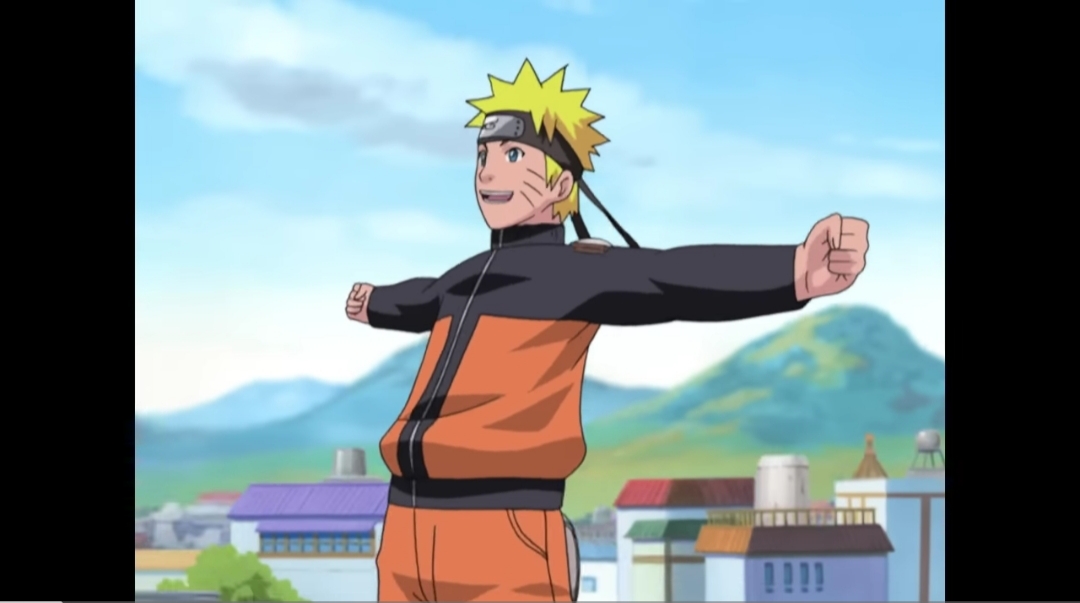
The early parts really set the tone—Naruto comes back to the village after training with Jiraiya, and suddenly, everything feels different. He’s not that helpless little kid anymore, and yet, he’s still got this innocence about him. The Akatsuki start moving in the shadows, hunting tailed beasts, and the weight of responsibility slowly falls on Naruto’s shoulders. I’ll never forget when Gaara, who had turned his life around as Kazekage, got kidnapped. That scene where Naruto runs to save him, fighting Deidara and Sasori, gave me chills. It wasn’t just about the action—it was how personal it felt. Naruto understood Gaara’s loneliness, so he fought for him like a brother. When Gaara died and Chiyo gave her life to bring him back, I swear my chest tightened. That was the first of many emotional punches Shippuden throws.
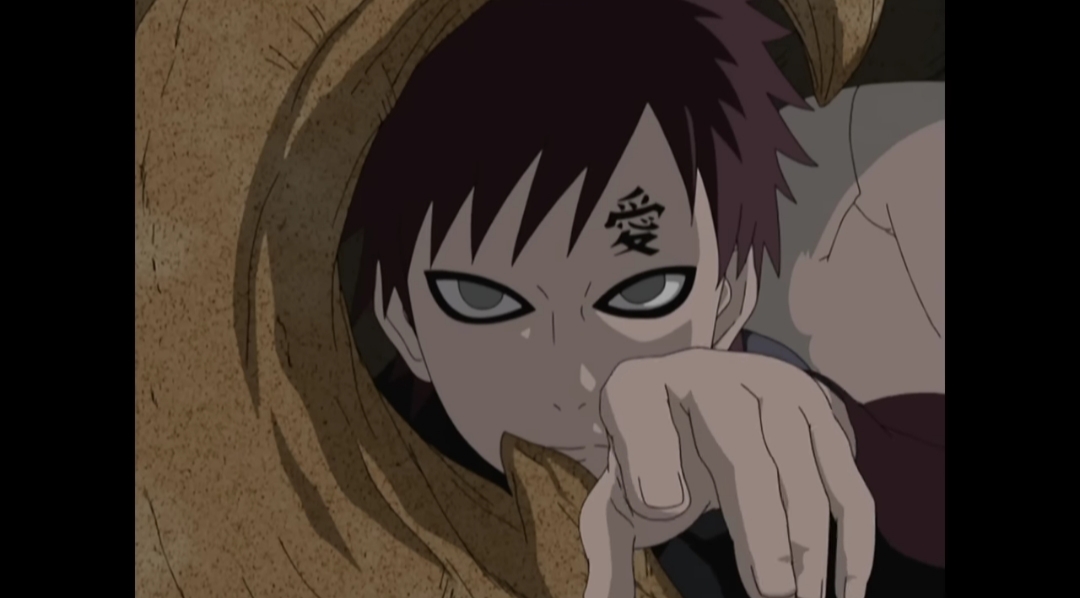
Then the Akatsuki, who are villains, however, the more you watch them, the more you know that they are not all monsters. The stories each of them told made you sit down and think. Like Itachi. God, Itachi. Over the years, he was portrayed as the bad guy who killed his entire family, including his own clan,, and then the twist that he did it to avoid a civil war, to spare his little brother the pain of hating him, to live as a criminal, made me. I shed tears with Sasuke at that time when the truth was revealed. It got me to thinking about love, in its most purest, agonized incarnation: how sometimes it has nothing to do with smiles and comfort, but that of bearing untold burdens in the sake of loving a person.
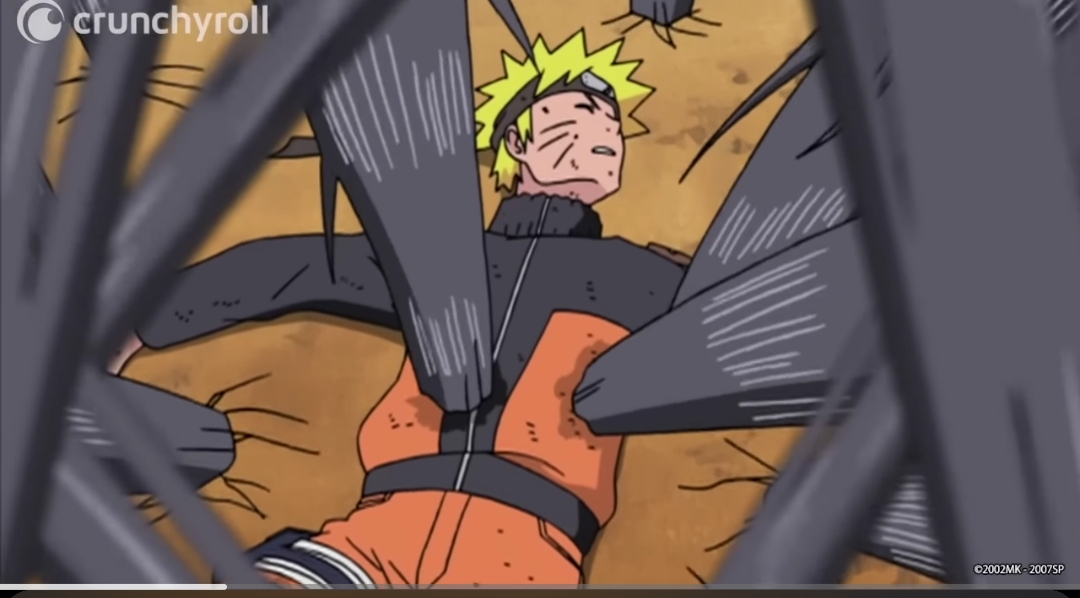
The Invasion of Pain was one of the strongest arcs that I had. That fight was legendary. Suffering actually burnt Konoha down to the ground--or one swab wiped it out--and then Naruto appeared, full-grown and full-fledged. Fighting Pain at full strength, with Sage Mode, and his clones, and his brain--beautiful. And in the moment of that last dialogue with Nagato, Naruto did not decide to be hateful. He didn’t kill him. He heard, and he comprehended and he decided to stop the process of hate. That experience helped me to rise back and reflect on forgiveness in a new light. Such as, how do you forgive a person who burned your house, killed your people? But Naruto did, and in doing so, he made Nagato have hope once again, even in his death breath. There was no fight as strong as that.
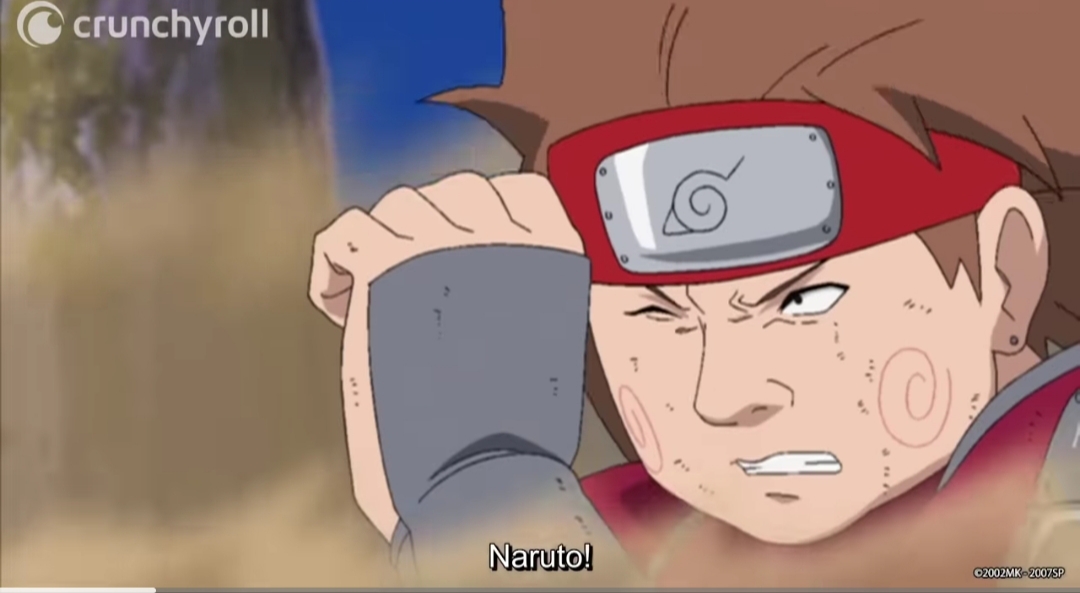
There are, of course, the heartbreaking losses. The death of Jiraiya is one of those that do not fade away. And how he struggled to battle it single-handedly, how he wrote that last word on the back of the toad, and even smiled in his dying agony--it tore me asunder. When Naruto realized and wept, and then made a vow to carry on with the dream of his master- it also made me weep. How unfinished and so real was that student-teacher relationship. Jiraiya was not only a teacher, but he was more or less the father that Naruto never had, and to lose him was to lose family.
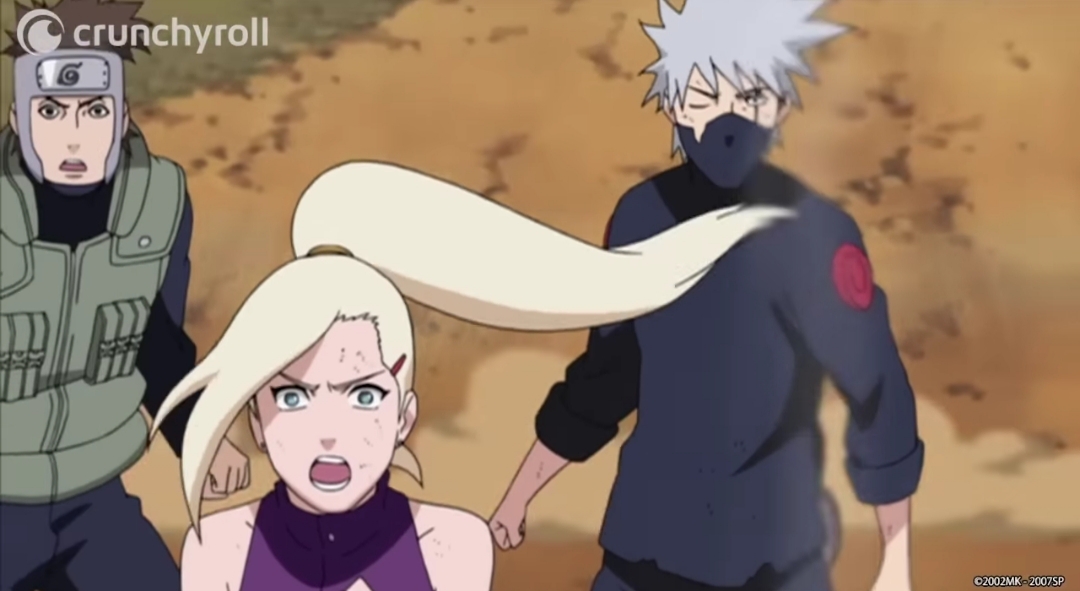
And then there is the fourth great ninja war. Throughout that saga, it seemed that the world was hanging by a thread. It was goosebump-inducing to see all the villages united, the foes turned into your friends, and Naruto standing in the very middle of it all. The fact that he is attached to Kurama, the Nine-Tails, is another thing that struck me. Initially, Kurama was such a personification of hate, trapped and enraged, but it took Naruto to never surrender to him, to keep seeing him even when he was ungrateful, and with time, he was eventually able to respect him, and even become a true friend. When Kurama finally fought with him and did so willingly, it was one of the most satisfying events of the series.
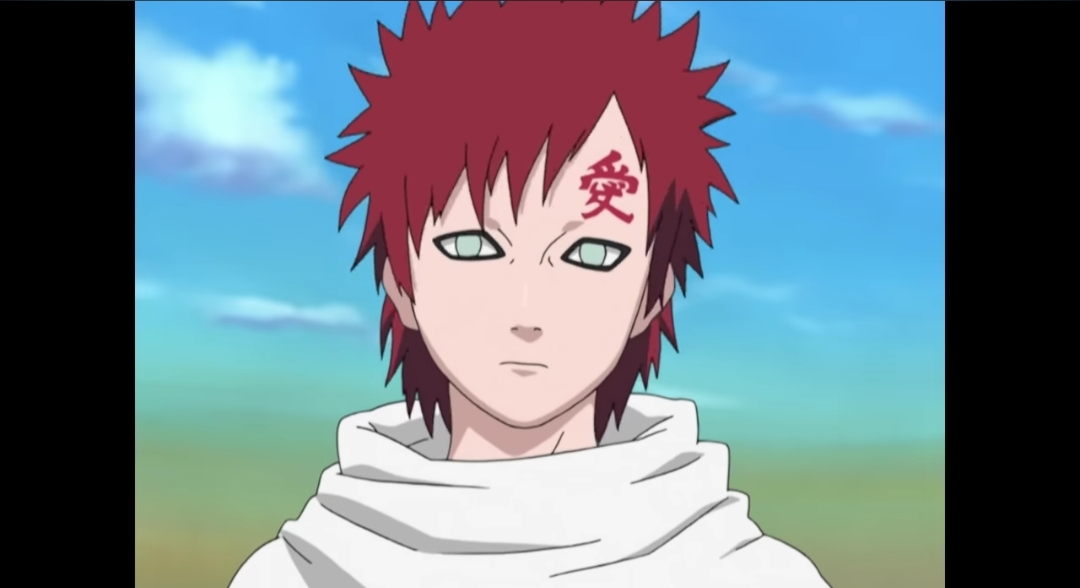
Naturally, the last test is the battle between Naruto and Sasuke. You had a feeling about it right at the beginning. Just being stronger was not even the point. It concerned their friendship with two boys who had lost everything and met. It was not only fists and jutsu that battled in the Valley of the End, but tears, memories, pain, and love. How they both lay there bloody and battered and without arms--it made me cry again. It meant that not everything is smooth when it comes to love. It can be quite sloppy and excruciating, but worth keeping.
Naruto: Shippuden isn’t perfect. It has filler episodes that can test your patience. But honestly, when you stick with it, what you get is something rare: a story about pain, hope, forgiveness, friendship, and never giving up. It’s not just an anime—it’s a life lesson. Watching Naruto go from that lonely, unwanted boy to the hero who saved the world, who became Hokage, and who inspired even his enemies—it left me feeling hopeful. Like maybe, no matter how broken life feels, if you keep pushing, if you keep believing, things can change.
So yeah, Shippuden made me laugh, made me scream, made me cry, and sometimes